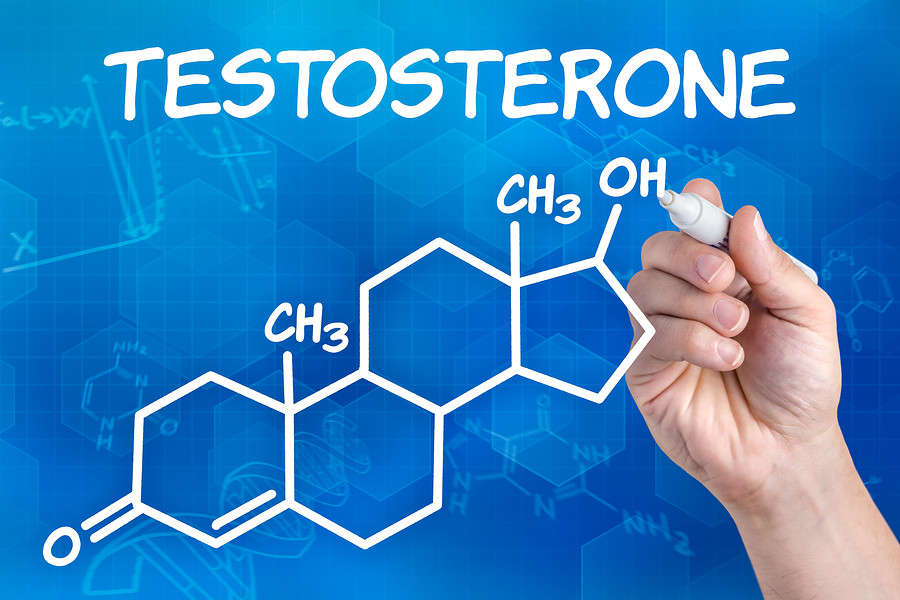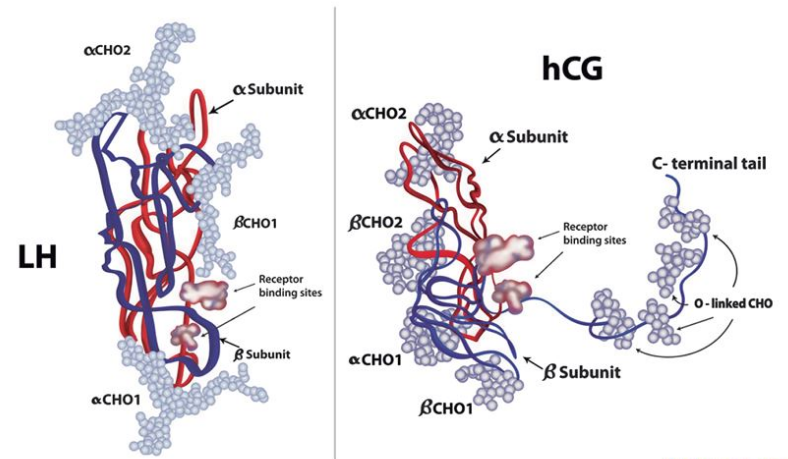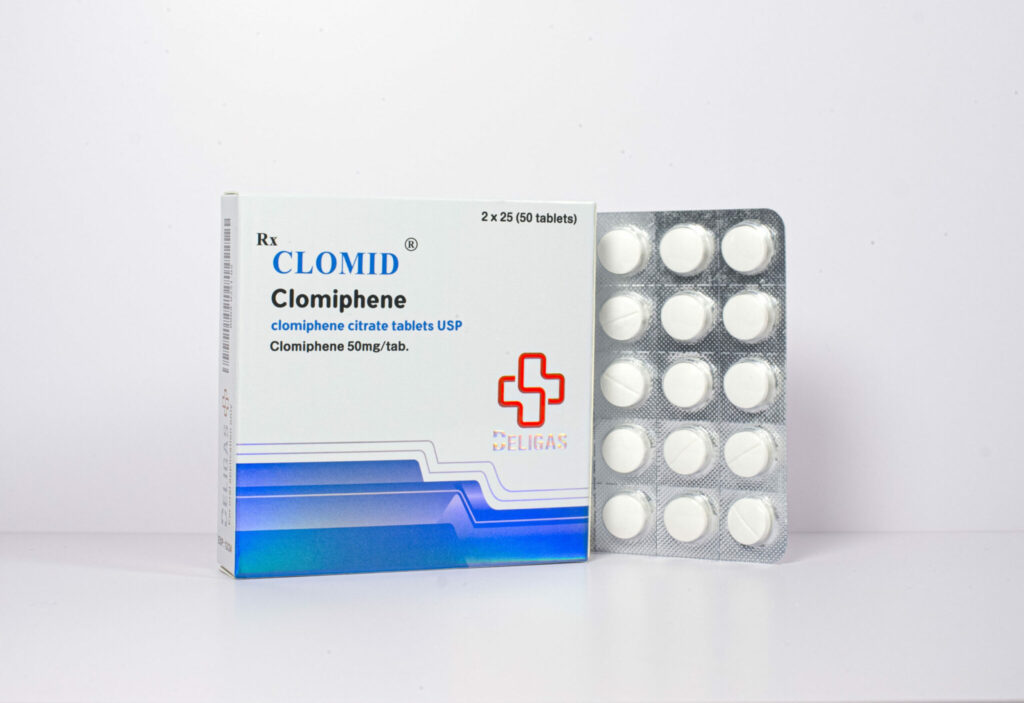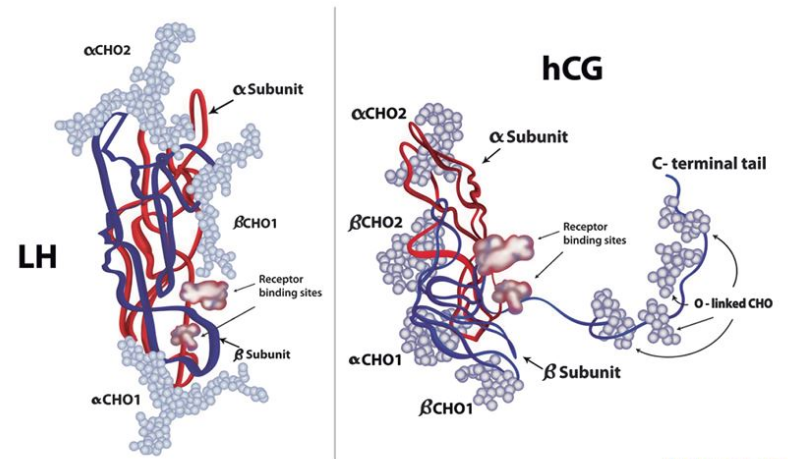Discover the potential benefits and side effects of using clomiphene citrate in men.
Clomiphene Citrate for Male: Benefits and Side Effects
Clomiphene Citrate, commonly known as Clomid, is a medication that is typically used to treat female infertility. However, it is also gaining popularity as a treatment option for male reproductive health issues. In this article, we will explore the use of Clomiphene Citrate in men, its benefits, and potential side effects.
Understanding Clomiphene Citrate
What is Clomiphene Citrate?
Clomiphene Citrate is a selective estrogen receptor modulator (SERM) that works by blocking estrogen receptors in the hypothalamus. It stimulates the release of hormones needed for the production of testosterone and the maturation of sperm. While people primarily use it in women to induce ovulation, it also has potential benefits for men.
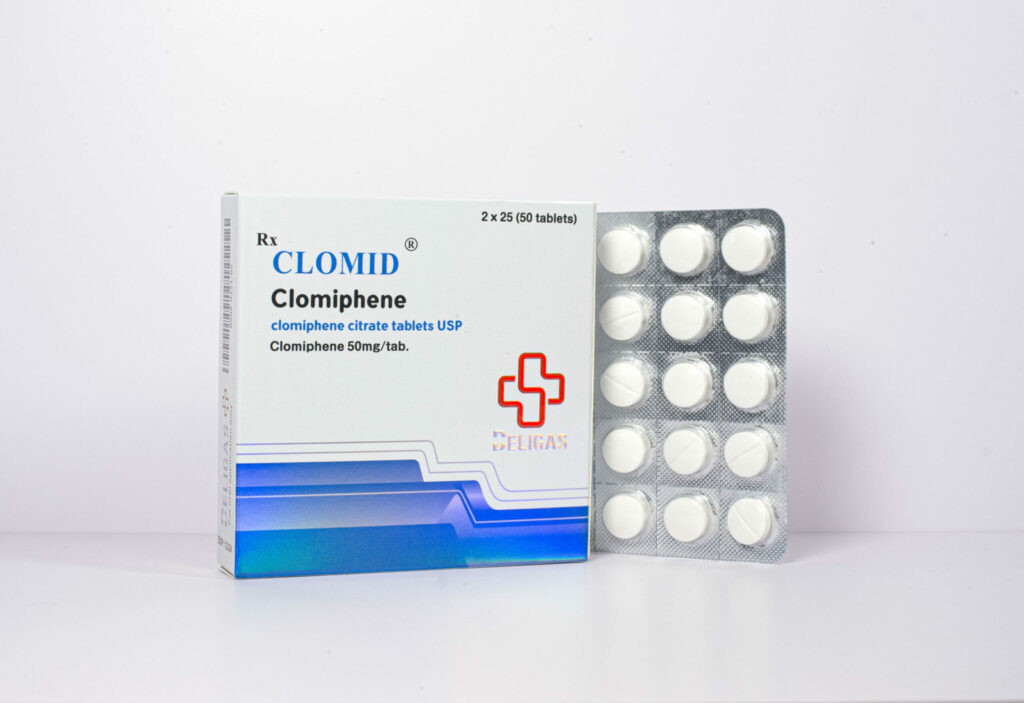
Clomiphene Citrate has gained recognition in the medical field for its off-label use in men with hypogonadism. Hypogonadism is a condition where the body doesn’t produce enough testosterone, leading to symptoms like low libido, fatigue, and decreased muscle mass. By blocking estrogen receptors in the brain, Clomiphene Citrate triggers the release of hormones that stimulate testosterone production, offering a non-invasive treatment option for men seeking to boost their testosterone levels.
How Does Clomiphene Citrate Work?
When taken by men, Clomiphene Citrate acts on the pituitary gland and hypothalamus to increase the levels of luteinizing hormone (LH) and follicle-stimulating hormone (FSH). These hormones play a crucial role in stimulating the testes to produce testosterone and sperm.
Clomiphene Citrate helps to overcome the hormonal imbalances that can contribute to low testosterone levels and poor sperm quality. By stimulating the production of testosterone, it can improve male fertility and enhance various aspects of male reproductive health.
It’s important to note that while Clomiphene Citrate shows promise in treating male infertility and hypogonadism, its use should be closely monitored by a healthcare provider. Regular blood tests to check hormone levels and sperm quality are typically recommended to ensure the medication is effective and safe for the individual. Additionally, lifestyle factors such as diet, exercise, and stress management can also play a significant role in optimizing the benefits of Clomiphene Citrate therapy for men’s reproductive health.
The Benefits of Clomiphene Citrate for Men
Boosting Testosterone Levels
One of the primary benefits of Clomiphene Citrate for men is its ability to boost testosterone levels. Low testosterone, also known as hypogonadism, can lead to numerous health issues, including decreased libido, fatigue, muscle loss, and mood changes.
By stimulating the natural production of testosterone, Clomiphene Citrate can help alleviate these symptoms and restore hormonal balance. This can result in improved energy levels, sexual function, and overall well-being.
Improving Fertility
Clomiphene Citrate has also shown promising results in improving male fertility. In men with low sperm count or poor sperm quality, this medication can enhance the production and maturation of sperm, increasing the chances of successful conception.
By increasing LH and FSH levels, Clomiphene Citrate stimulates the testes to produce more sperm and improve their motility. This can be particularly beneficial for couples struggling with infertility due to male factor issues.
Other Potential Health Benefits
In addition to its effect on testosterone and fertility, Clomiphene Citrate may offer other potential health benefits for men. Some studies suggest that it could help reduce fat mass, improve insulin sensitivity, and enhance bone mineral density.
However, more research is needed to fully understand the extent of these benefits and their long-term effects. It is important to note that Clomiphene Citrate is not approved by the FDA for these off-label uses.
Furthermore, Clomiphene Citrate has been investigated for its potential role in treating male depression. Depression is a complex condition that affects millions of men worldwide, and finding effective treatments is crucial. Some studies have shown that Clomiphene Citrate may have antidepressant properties, possibly by modulating certain neurotransmitters in the brain.
Moreover, Clomiphene Citrate has been studied for its potential benefits in promoting cardiovascular health in men. Cardiovascular diseases, such as heart attacks and strokes, are leading causes of death globally. Research suggests that Clomiphene Citrate may have a positive impact on lipid profiles, reducing levels of harmful cholesterol and triglycerides, which are risk factors for cardiovascular disease.

Additionally, Clomiphene Citrate has been explored for its potential role in improving cognitive function in men. Cognitive decline is a natural part of aging, but certain factors can accelerate this process. Preliminary studies have indicated that Clomiphene Citrate may have neuroprotective effects, potentially enhancing memory, attention, and overall cognitive performance in men.
The Side Effects of Clomiphene Citrate
Common Side Effects
Like any medication, Clomiphene Citrate can cause side effects. Some of the common side effects that men may experience include hot flashes, mood swings, headaches, and temporary visual disturbances.
These side effects are usually mild and disappear on their own. However, if they persist or worsen, it is important to consult a healthcare professional for further evaluation.
It is worth noting that while hot flashes are more commonly associated with menopausal women, they can also affect men taking Clomiphene Citrate. These sudden feelings of warmth, often accompanied by redness of the face and sweating, can be bothersome but are generally not a cause for concern.
Serious Side Effects
While rare, Clomiphene Citrate can also have serious side effects. These may include blurred vision, severe abdominal pain, chest pain, shortness of breath, and swelling of the hands or legs.
If any of these serious side effects occur, it is crucial to seek immediate medical attention. These symptoms may indicate a severe allergic reaction or other underlying medical conditions that require prompt treatment.
Blurred vision is a serious side effect that should not be ignored. It can impact daily activities and may be a sign of a more significant issue. If you experience sudden changes in your vision while taking Clomiphene Citrate, it is essential to stop the medication and consult a healthcare provider promptly.
Precautions and Considerations
Who Should Avoid Clomiphene Citrate?
Clomiphene Citrate is not suitable for everyone. Men with certain medical conditions, such as liver disease, testicular tumors, or pituitary gland disorders, should avoid using this medication.
It is essential to consult with a healthcare provider before starting Clomiphene Citrate to determine if it is the right treatment option for you. Individuals with a history of allergic reactions to similar medications should also exercise caution when considering Clomiphene Citrate.
Additionally, it is important to note that Clomiphene Citrate should not be used as a performance-enhancing drug. Misuse or abuse of this medication can have serious consequences for health and violate anti-doping regulations.
Interactions with Other Medications
Before starting Clomiphene Citrate, it is crucial to inform your healthcare provider about any medications you are currently taking, including over-the-counter drugs and supplements. Certain medications may interact with Clomiphene Citrate, potentially affecting its efficacy or increasing the risk of side effects.
Your healthcare provider will be able to evaluate these possible interactions and adjust your treatment plan accordingly to ensure your safety and optimal results.
It is particularly important to mention any medications that affect liver function or hormonal balance, as they may have a significant impact on the way Clomiphene Citrate works in your body. Your healthcare provider can provide guidance on how to manage these interactions effectively.
The Process of Taking Clomiphene Citrate
Dosage and Administration
The dosage and administration of Clomiphene Citrate will depend on individual factors, such as age, medical history, and specific treatment goals. It is essential to follow your healthcare provider’s instructions carefully and take the medication as prescribed.
Clomiphene Citrate is typically taken orally once daily for a specific duration, as determined by your healthcare provider. Regular monitoring of hormone levels and semen analysis may be required during treatment to assess its effectiveness.
When starting Clomiphene Citrate, your healthcare provider will likely begin with a lower dosage and gradually increase it if necessary. This approach allows for a personalized treatment plan that maximizes the benefits while minimizing potential side effects.
It’s important to note that Clomiphene Citrate should not be taken for longer than prescribed or in higher doses than recommended. Doing so can increase the risk of side effects and may not provide additional benefits.
What to Do in Case of Missed Dose or Overdose
If you miss a dose of Clomiphene Citrate, take it as soon as you remember. However, if it is close to the time for your next scheduled dose, skip the missed dose and continue with your regular dosing schedule.
In case of an overdose, seek immediate medical attention. Symptoms of Clomiphene Citrate overdose may include nausea, vomiting, abdominal pain, blurred vision, and dizziness.
It is crucial to be aware of the potential side effects and precautions associated with Clomiphene Citrate. Common side effects may include hot flashes, mood swings, breast tenderness, and headaches. If you experience any severe or persistent side effects, contact your healthcare provider for further guidance.
Furthermore, it’s important to note that Clomiphene Citrate may interact with other medications or supplements you are taking. Inform your healthcare provider about all the medications you are currently using to avoid any potential drug interactions.
In conclusion, Clomiphene Citrate offers potential benefits for men by boosting testosterone levels, improving fertility, and potentially offering other health benefits. However, it is crucial to consider the potential side effects, precautions, and proper administration of the medication. If you are interested in exploring Clomiphene Citrate as a treatment option, consult with a qualified healthcare provider to determine if it is suitable for your individual needs.
